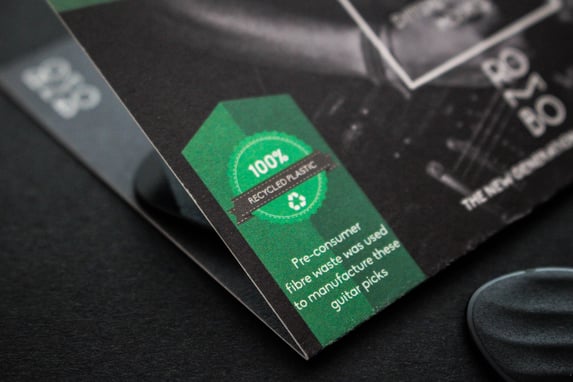 The term “business as usual” as it applies in the private sector has always confused me a little bit. Sure, the term can apply to an entity’s ability to continue normal operations while outside factors change, and stability is a good thing. Still, use of the term, to me, creates a direct contrast to how the world actually functions and to a business’s preparedness to “steer into the skid” as the economy changes around them. As a participant in said economy, it is often easy to see the dynamism, the flexibility, and the adaptability that a business needs to survive the ebbs and flows of trends. Restaurants adjust menus, retail stores adapt to the latest fashion styles, corporations strive to be leaders in tech innovation, and none of that seems very “business as usual” to me.
The term “business as usual” as it applies in the private sector has always confused me a little bit. Sure, the term can apply to an entity’s ability to continue normal operations while outside factors change, and stability is a good thing. Still, use of the term, to me, creates a direct contrast to how the world actually functions and to a business’s preparedness to “steer into the skid” as the economy changes around them. As a participant in said economy, it is often easy to see the dynamism, the flexibility, and the adaptability that a business needs to survive the ebbs and flows of trends. Restaurants adjust menus, retail stores adapt to the latest fashion styles, corporations strive to be leaders in tech innovation, and none of that seems very “business as usual” to me.
Business as usual in the climate action world also has a negative connotation. It is the scenario that occurs if nothing is done to mitigate the climate emergency, and that scenario is a scary one. The solution requires all hands on deck and the private sector plays a major role in ensuring we do business as “unusual.” In other words, businesses can be an impactful force for good if they embrace the fact that there is harmony between sustainable, climate-friendly practices and financial success. This doesn’t just fall to large corporations either, since 99% of America’s businesses are composed of entities with 100 employees or less (the make-up of most Eagle County entities).
Let’s do the what, the why, and the how of sustainable business and if you’re not convinced by the end of this article, I’ll let you go on, business as usual.
The What
The most important concept to what makes a business more sustainable is the triple bottom line. The term was coined in 1994 by a management consultant and refers to a business managing itself to not only make a profit, but to provide sociological and environmental benefits as well. It is easily remembered by the three Ps: profit, people, planet. The “what” will look different depending on the business, but in general, it shows up as thinking about long-term effects of your operations and making an effort to have a minimal negative impact on society and the environment. Maybe this looks like sourcing recycled materials, using renewable energy, shrinking packaging to use less plastic, or providing EV chargers for your employees and customers. Your organization can create a plan that is best tailored to your business and your community.
The Why
First you have to survive the economic impacts of a pandemic, now you might have to commit resources to become more sustainable. I understand the hesitation, but there is a significant and growing business case for incorporating the triple bottom line. The Yale Program on Climate Change Communication conducted a survey on consumer activism in America. The study found that a majority of Americans agree that companies need to take “climate-friendly actions” and 41% of Americans say they intend to use their money more frequently to reward companies who are trying to reduce climate change. Being sustainable adds brand value, separates you from unstainable competitors, contributes to employee retainment, and attracts consumers. Importantly, businesses can also reduce internal costs from efforts such as energy and water efficiency measures, reducing transportation needs, and allowing employees to work from home.
The How
If you haven’t taken any steps to becoming a more sustainable business, I know the process seems extremely daunting. It is important to remember that it does not have to be done all at once. We all learned to walk by putting one foot in front of the other and this is no different. Here in Eagle County, Walking Mountains Science Center is here to hold your hand as you make those steps.
- You can check out our Green Business Trail Map that maps out the steps you can take in various categories of action, and allows you to choose your own sustainable business adventure.
- If you’re ready to promote your efforts and elevate your performance through an official certification, check out the Actively Green program, complete with trainings and workshops to help you become a recognizable leader in sustainable business.
- Our Energy and Buildings team can schedule a free business walkthrough with you to give you advice on energy efficiency improvements. They can also help you navigate commercial rebates to help offset some of those upfront costs.
The link between financial performance and sustainability is growing stronger. It is a wise investment to make an effort in sustainability planning for your business as the market shifts in that same direction. Together, we can all keep Eagle County ahead of the curve and strive toward a better future for our communities.
Questions? Want to participate in a green business training/workshop? Email climateaction@walkingmountains.org and check out our calendar of events here: https://www.walkingmountains.org/programs/actively-green-trainings/
Claire Kantor is the Climate Action Coordinator at Walking Mountains Science Center.






